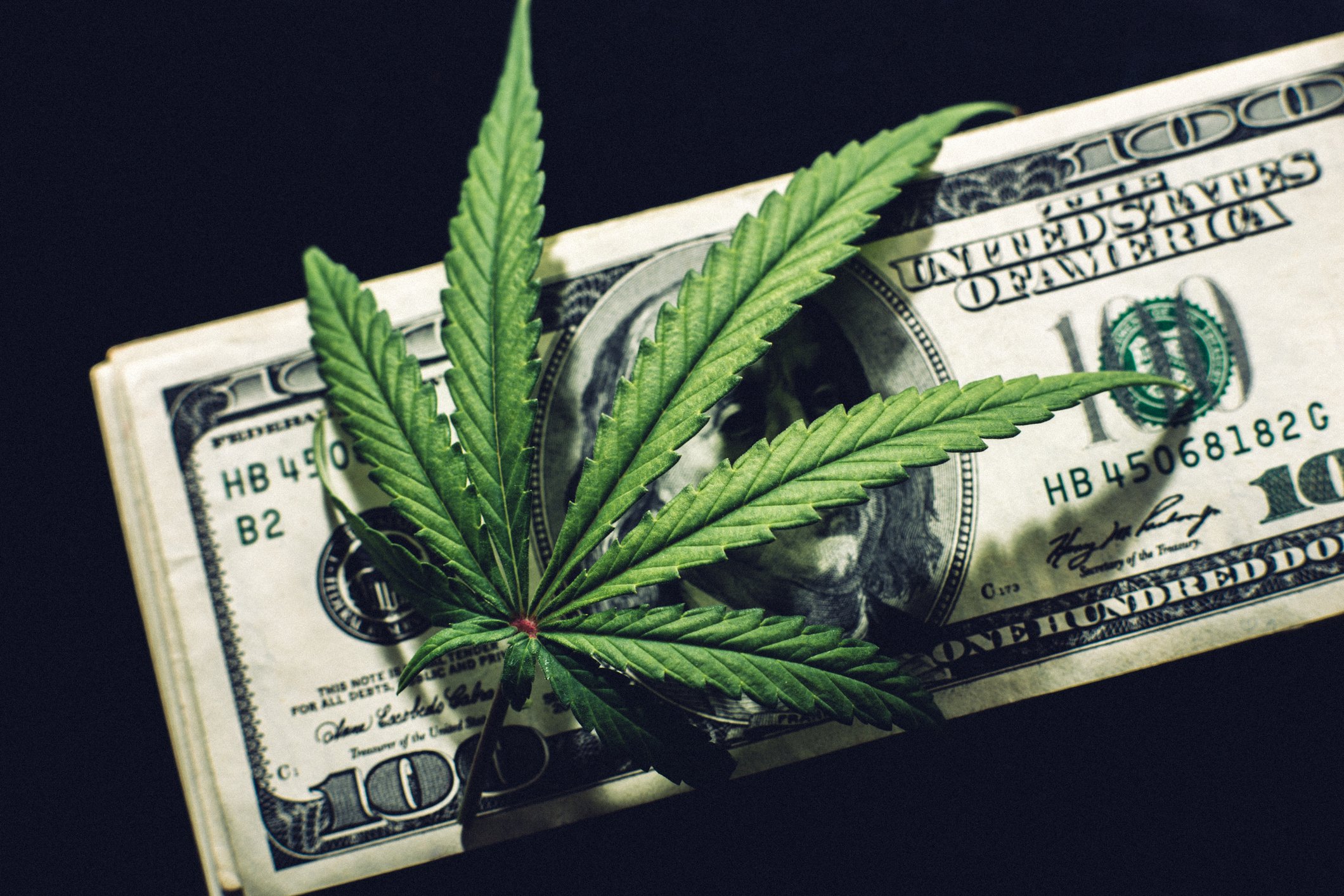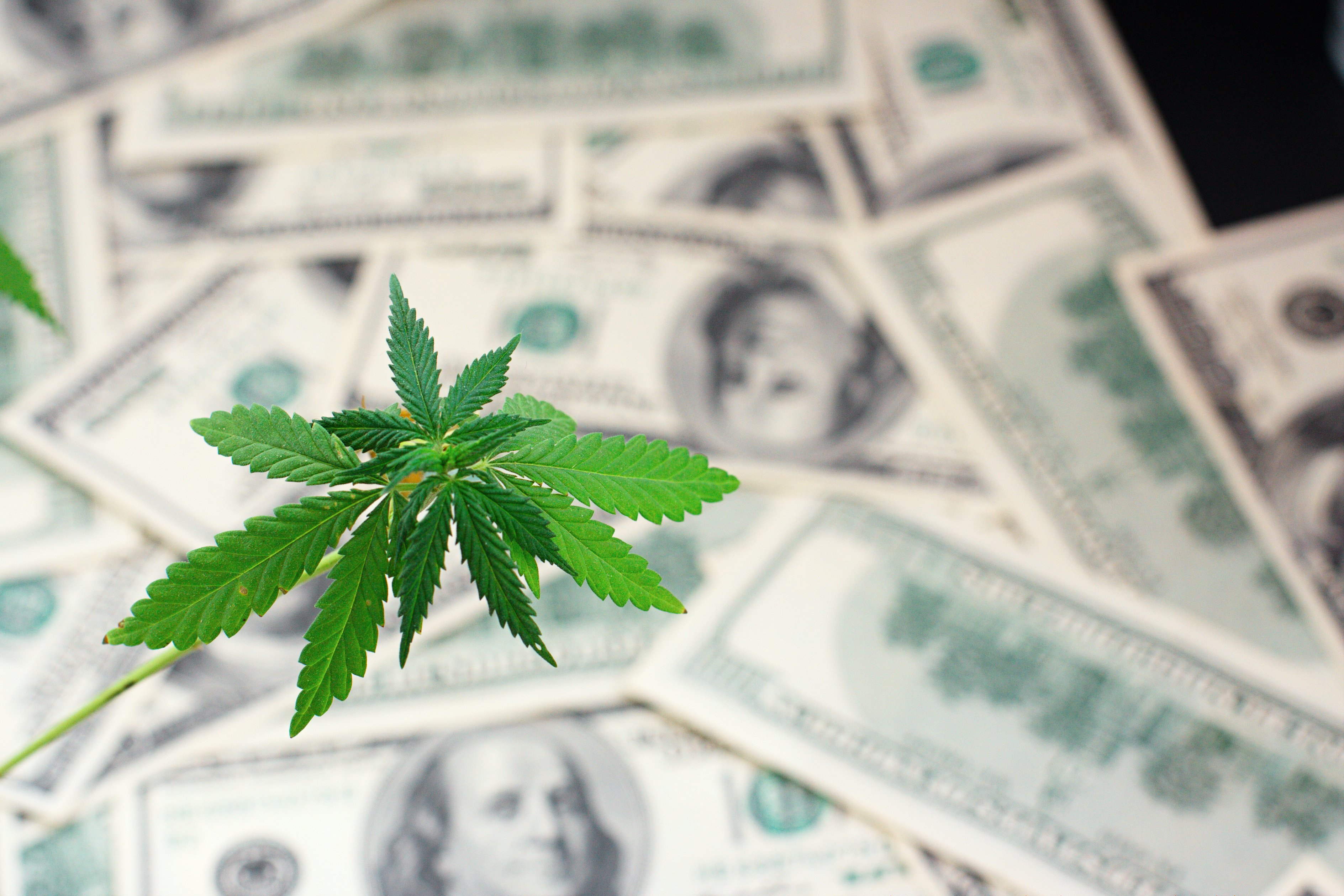It's not surprising that short-sellers' allegations of Aphria (APHA +0.00%) insiders profiting from inflated purchase prices of overseas businesses caused the Canadian marijuana stock to plunge. But the allegations also took a toll on another stock -- Liberty Health Sciences (LHSIF +0.00%).
And then one of the short-sellers involved in the Aphria allegations, Hindenburg Research, issued a "part two" to its negative report about Aphria. This follow-up stated that Liberty was viewed "as just another extension of the Aphria web of highly questionable deals."
As you might expect, Liberty Health Sciences stock took another hit after Hindenburg Research's second report became public. But all the controversy surrounding Aphria could make Liberty, which is largely an under-the-radar marijuana stock, a more compelling long-term pick.

Image source: Getty Images.
The Aphria connection
There's no question that Liberty Health Sciences and Aphria have a close connection. At one point, Aphria owned a sizable stake in Liberty before divesting its interest in the company to maintain its listing on the Toronto Stock Exchange (TSX). This move was taken because Liberty has significant operations in the U.S., and the TSX doesn't allow cannabis companies listed on the exchange to have operations in jurisdictions where marijuana is illegal at the federal level.
Aphria CEO Vic Neufeld, though, continues to serve as chairman of the board of directors for Liberty Health Sciences. John Cervini, who co-founded Aphria and is co-chairman of the company's board, is also a director on Liberty's board.
Liberty CEO George Scorsis acknowledged in a phone interview that his company "started off as Aphria's little baby," adding that "unfortunately some of that view still exists." He maintained that Liberty's board acts independently from Aphria.
Scorsis himself previously served as chairman of the board for Scythian Biosciences, now known as SOL Global Investments. Aphria acquired LATAM Holdings from SOL, the transaction that short-sellers alleged was overpriced and helped line the pockets of insiders with Aphria. However, Scorsis stated that he resigned from Scythian's board several months ago, prior to the closing of the LATAM Holdings transaction with Aphria, to focus solely on Liberty Health Sciences.
Behind the Liberty controversy
The initial report about alleged improprieties with Aphria's acquisition of LATAM Holdings didn't refer to Liberty Health Sciences. However, the follow-up report from Hindenburg Research brought Liberty into the Aphria controversy.
Hindenburg Research alleged that Liberty paid 13.5 million in Canadian dollars earlier this year for real estate from a private shell entity controlled by current SOL Global Investments chairman Andy DeFrancesco. The short-seller stated that DeFrancesco's shell company had purchased the Florida property only six days earlier for CA$8.5 million.
The report also insinuated that Aphria allowed Vic Neufeld to buy shares of Liberty Health Sciences "at a 99.5% discount." This was in reference to details surrounding Aphria's backing of Liberty Health Sciences becoming a public entity via a reverse merger in 2017.
Liberty Health Sciences issued a statement on Dec. 6, 2018, that said Hindenburg Research's report contained "a number of factual errors and outdated information." The statement added that Liberty "takes the unconfirmed allegations contained in the report very seriously and will provide updates as they relate to this matter in due course."
Beyond the controversy
It's important to remember that Hindenburg Research profits if Aphria stock falls. The short-seller has a financial interest in spinning anything involving Aphria in the worst light possible. And that includes the connections between Aphria and its executives and Liberty Health Sciences.
Even more important, though, is the fact that none of the allegations reflect negatively on Liberty's long-term prospects. Actually, Liberty announced some encouraging news about its prospects on Friday -- the day after Hindenburg Research's report referencing the company was published.
Liberty reported sales for the quarter ending Nov. 30, 2018, of 3.2 million in Canadian dollars, up 45% from the previous sequential quarter. The company's patient count jumped 46% during the last quarter to around 14,500 patients.
More strong growth appears likely. Liberty opened three new dispensaries in Florida during the last quarter. That brings the company's total number of dispensaries in the state to seven. But Liberty expects to double that number by the end of February 2019, pending approvals from the Florida Department of Health.
The company also provided an update on the construction of its 225,000-square-foot Liberty 360 medical cannabis production facility. Liberty anticipates completing construction in 2019. The company currently uses 20,000 square feet of the property for the cultivation of cannabis and has another 24,000 square feet at its Alachua property. By early 2019, Liberty will add 80,000 square feet as the next phase of construction at Liberty 360 wraps up.
In addition, Liberty said that it expects to open its Dayton, Ohio, medical cannabis dispensary with joint venture partner the Schottenstein Group by the end of March 2019. A 10,000-square-foot processing facility for extraction, refining, formulation, and packaging medical cannabis products is scheduled to open in spring 2019, pending necessary regulatory approvals.
A beaten-down bargain?
The short-seller reports have caused Liberty Health Sciences' share price to sink more than 30% over the last few days. In my view, the sell-off has been overdone -- especially considering that Liberty itself hasn't been accused of any wrongdoing. The good news, though, is that it makes Liberty an attractive bargain for aggressive investors.
Liberty appears to be making steady progress in Florida. Arcview Market Research and BDS Analytics project the state's medical marijuana market will top $1.7 billion by 2022. Liberty Health Sciences thinks it currently claims a 15% market share. With new dispensaries and significantly greater production capacity on the way, the company could boost that share considerably.
Thanks to this past week's negative headlines, Liberty's market cap is only around $230 million. I think that all the company needs to do is stay the course with its efforts in Florida and Ohio to be worth a lot more over the next few years.






